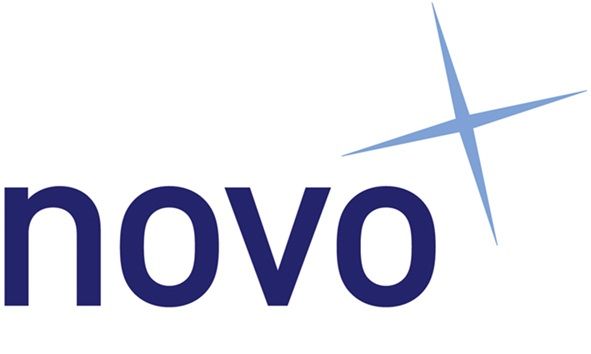Women And Ethnic Minorities ‘On B Roads’ To Top Jobs

Analysis by executive recruitment and diversity consultancy Green Park revealed that, while significant progress has been made in getting more women and ethnic minority groups into top-tier roles over the past decade, they are still taking too long to reach senior leadership or board roles – either because they are in roles that do not offer natural progression to the most senior jobs, or they need more time to get there.
Green Park’s 2024 Business Leaders Index, which tracks progress at board, executive committee and pipeline roles at FTSE 250 and FTSE 100 organisations, finds that ethnic minority representation has been growing at a much slower rate since 2013 than female representation.
Fifty-one per cent of senior roles in FTSE 100 firms are held by women. The proportion of female chairs has risen from 1.0% in 2013 to 17% in 2023, CEOs from 3.0% to 9.3%; and CFOs from 6.0% to 22.6%.
However, the proportion of ethnic minority chairs in the FTSE 100 has only risen from 3.0% in 2013 to 5.0% in 2023, CEOs from 5.0% to 8.2%, and CFOs from 2.0% to 10.4%.
Analysis of corporate CEO backgrounds shows a preference for executives with experience in finance and operations. However, across the FTSE 350 as a whole, female representation tends to be focused in people-led positions such as chief people officer, HR director, marketing director and chief data officer.
Green Park chair Trevor Phillips said: “In the 10 years Green Park has collected diversity data on the UK’s top companies, the picture has changed significantly. There are more women leaders, more people from ethnic minorities in senior positions and a less anaemic pipeline of future bosses from different backgrounds.
“But the picture remains patchy. Some sectors have embraced change and sought it actively; others have remained passive, assuming that things will change with time and without focused effort. They won’t.”
Green Park CEO Raj Tulsiani said government-backed intervention in the form of the Parker Review and the FTSE Women Leaders Review had had some effect.
Some sectors have embraced change and sought it actively; others have remained passive,” – Trevor Phillips, Green Park
“It has created an environment where organisations feel the need to do something,” he said.
“If readers of this report could take one thing away from it, it is that there isn’t a single way through all of this. Like anything, it takes commitment, accountability and a genuine understanding of the value it brings.”
Telecoms is the most inclusive sector for ethnic minorities across the FTSE 350, with more than a quarter of the top three roles held by people in these groups. They are underrepresented in these roles in nearly every other sector.
Women are better represented in senior roles in utilities, media, and health in the FTSE 350, and least represented in basic materials, industrials, telecoms, and travel and leisure.
Muslims in particular are significantly underrepresented at the top levels within FTSE 350 companies, Green Park found.
Meanwhile, a report from Moody’s Investors Service has found that companies with higher credit ratings and “positive governance characteristics” tend to have a higher proportion of women on their boards, while service-oriented companies such as those in insurance, retail or healthcare are the most likely to have higher board-level diversity.
It said that women hold 35% of the board seats of European companies, up from 33% in 2023, which it suggested was likely due to the introduction of the EU’s Women on Boards directive.
Originally published on Personnel Today,
https://www.personneltoday.com/hr/women-and-ethnic-minorities-diversity-top-jobs-green-park/












